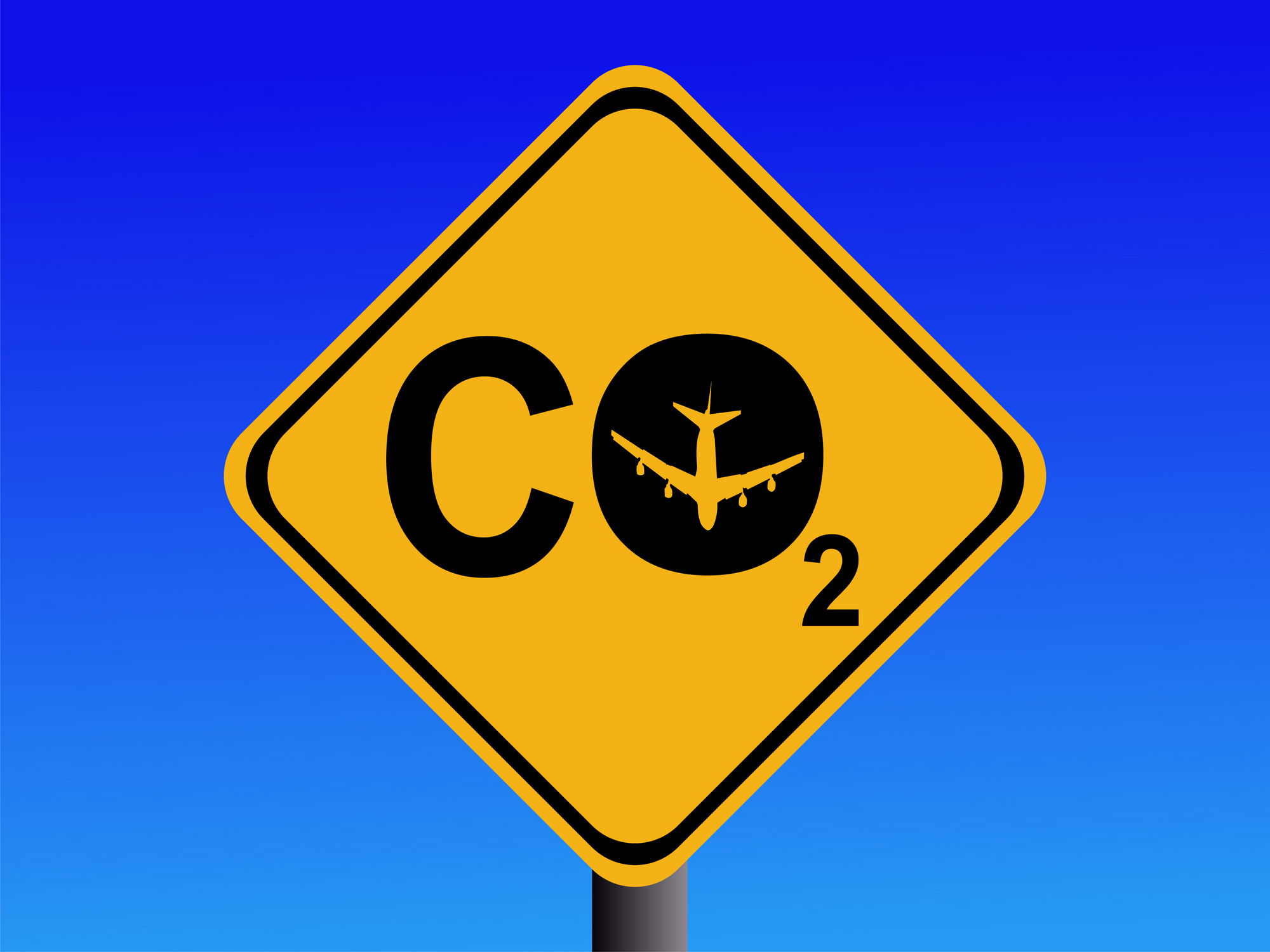New research claims that efforts for the aviation industry to be net zero in terms of carbon emissions by 2050 would not be enough to prevent significant global warming since existing models do not take into account the impact of contrails.
In a new paper (Brazzola, N., Patt, A. & Wohland, J. Definitions and implications of climate-neutral aviation. Nat. Clim. Chang. (2022). https://doi.org/10.1038/s41558-022-01404-7), Nicoletta Brazzola at ETH Zurich in Switzerland and her colleagues, present the findings of their research that even if efforts to reduce carbon emissions succeed as planned, the aviation sector could still contribute to an additional warming of global temperature by 0.1°C and 0.4°C due to the additional warming effects of contrails that comprise soot, aerosols and water vapour released by aircraft engines. Because the world has already warmed 1.1°C since the industrial revolution, Brazzola claims that the extra warming could compromise the Paris deal’s aim of holding temperature rises to 1.5°C.
As the industry rapidly recovers from the pandemic shut-down, the research has modelled the impact of the increase in air travel, which is projection to be beyond pre-pandemic levels, on carbon emissions and the impact of contrail warming on the atmosphere. In order to meet the ambitious climate targets, Brazzola determines that the aviation sector needs to neutralise CO2 emissions and reduce non-CO2 climatic effects. In the paper, the team determines that neutralising aviation’s CO2 emissions will compromise the 1.5 °C target, and determines that substantial rates of CO2 removal are needed to achieve climate-neutral aviation in scenarios with little mitigation, with cleaner-flying technologies also drastically reducing emissions. The paper provides consistent definitions of climate-neutral aviation and highlights the beneficial side effects of moving to aircraft types and fuels with lower indirect climate effects.
The study states that the carbon offsetting scheme is inadequate and that the development of new fuels and flight technologies, from hydrogen to batteries, are essential to stand a chance of reaching climate neutrality.

